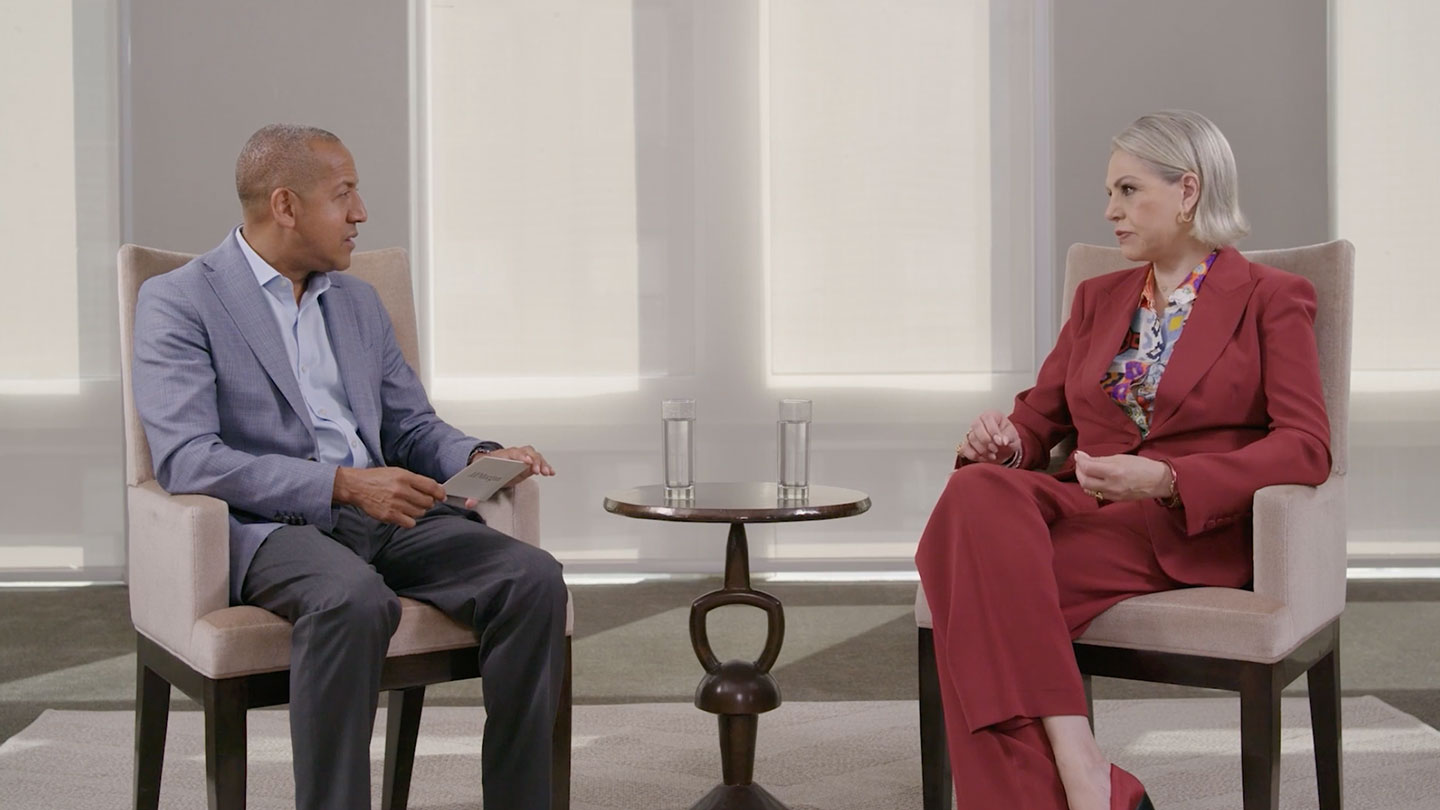Business Planning
Find articles and insights on business planning from J.P. Morgan specialists. Discover tips, best practices and perspectives on starting companies and growing strategically.
For Companies and Institutions
Key Links
For Individuals
Explore a variety of insights.
Key Links
Insights by Topic
Explore a variety of insights organized by different topics.
Key Links
Insights by Type
Explore a variety of insights organized by different types of content and media.
Key Links
We aim to be the most respected financial services firm in the world, serving corporations and individuals in more than 100 countries.
Key Links
Find articles and insights on business planning from J.P. Morgan specialists. Discover tips, best practices and perspectives on starting companies and growing strategically.
All topics
No results found
Adjust your filter selections to find what you’re looking for

2:22 - Business Planning
How BuDhaGirl’s consumer-first strategy drove growth
Feb 04, 2026
Founder and CEO Jessica Jesse explains how listening closely to consumer feedback and team ideas creates loyalty and fosters growth.

2:21 - Business Planning
BuDhaGirl founder Jessica Jesse’s ‘3 C’s’ for business resilience
Feb 04, 2026
BuDhaGirl Founder and CEO Jessica Jesse shares strategies that can help business leaders navigate uncertainty.

2:25 - Business Planning
Strategic expansion: Insights from BuDhaGirl’s growth
Feb 04, 2026
From bangles to bubbles: BuDhaGirl Founder, CEO and Creative Director Jessica Jesse explains her approach to identifying opportunities to diversify and scale.

2:25 - Business Planning
BuDhaGirl founder Jessica Jesse talks scaling amid economic uncertainty
Feb 04, 2026
For Jessica Jesse, focusing on factors within her control and a strong bank relationship helped fuel investment in growth.

3:19 - Business Planning
Leading with high expectations—and gratitude
Feb 04, 2026
Founder, CEO and Creative Director Jessica Jesse built a brand that connects fashion and mindfulness. Find out how that has shaped her leadership style.

Business Planning
Navigating uncertainty with business scenario planning
Feb 03, 2026
Scenario planning helps companies prepare for economic uncertainty. Here are four steps to get started.

Business Planning
What to look for in an angel investor
Dec 17, 2025
Angel investors can help take early-stage startups to the next level, providing valuable insights on product development, funding and more.

Business Planning
Incentive stock options and the AMT
Dec 03, 2025
Incentive stock options can provide tax benefits, but without proper planning, those benefits can be diminished.
You're now leaving J.P. Morgan
J.P. Morgan’s website and/or mobile terms, privacy and security policies don’t apply to the site or app you're about to visit. Please review its terms, privacy and security policies to see how they apply to you. J.P. Morgan isn’t responsible for (and doesn’t provide) any products, services or content at this third-party site or app, except for products and services that explicitly carry the J.P. Morgan name.